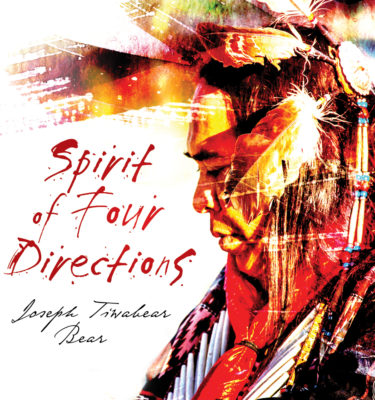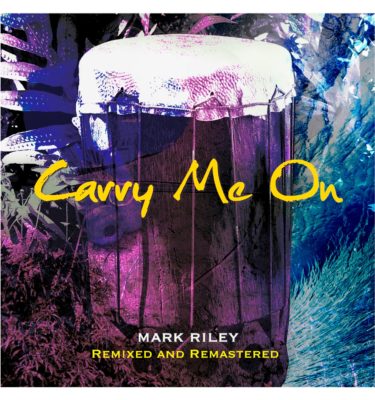It is said that history books are written by those who win wars! This short video tells the story of the pilgrims from a Wampanoag perspective. Ships had been trading with Native Americans for fish, furs and people for 100 years before the pilgrims arrived to set up camp. Squanto, a Wampanoag, amongst many others was kidnapped and taken into slavery 6 years before the pilgrims arrived. He was taken to Spain and then became an interpreter on an English boat, eventually escaping back to his people – sadly, returning to his people, he found his village Patuxet, and everyone he knew, dead, from a plague and he ended up becoming a type of servant with another tribe. When the pilgrims arrived he became their interpreter and guide, and helped negotiate a treaty with the most powerful local Native American confederation, a peace that lasted more than 50 years.











